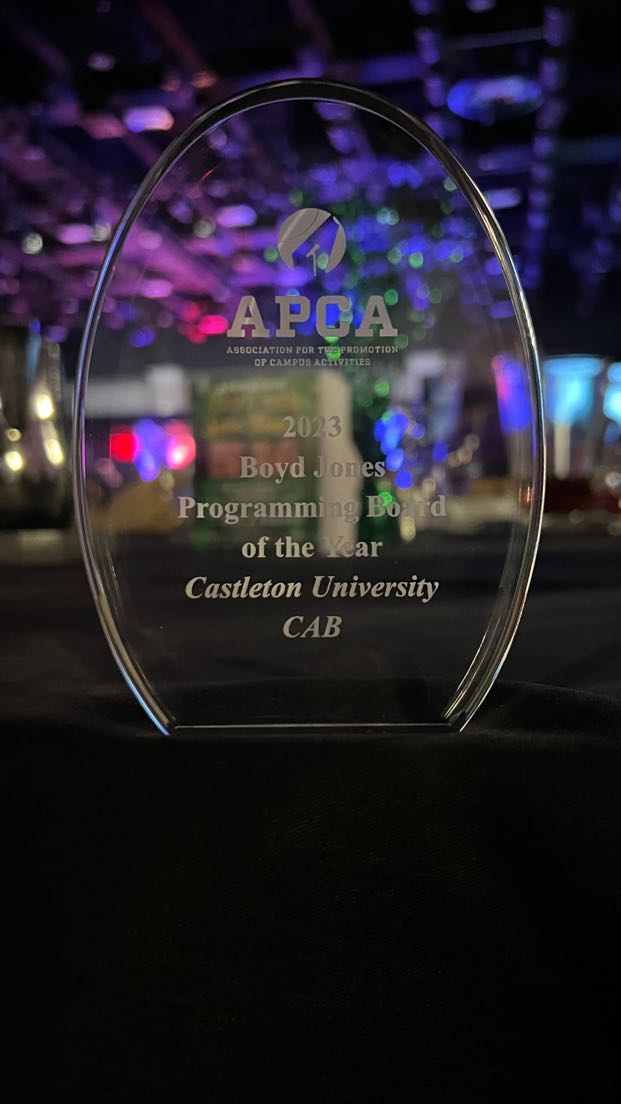[Pictured above: Success Coach Svea Howard, Professor Margaret Miles, and Success Coach Ashley Haggerty]
“When I come back, I’m gonna reach out to you and Ashley…”.
These were the grateful parting words of a first-year student as she took a medical Leave of Absence this past January. The student was being helped by her Connections Seminar 1 professor Margaret Miles and her success coach Ashley Haggerty. Margaret and Ashley had worked together throughout the fall semester, keeping up with how the student was doing in her courses and giving counsel as they could. It was a difficult first term for the student, and with the spring semester starting, she was facing dismissal. Margaret and Ashley helped the student to review her options and decide the best course of action.
When I heard the story, similar scenarios from my experiences with first-year students came immediately came to mind. I thought of the soccer player who was suddenly skipping class or the student who was acting out in class. Both of them were actually struggling with whether to stay in college or not as well as deeper issues I later became aware of. We first-year instructors have to walk a difficult line. We have to be nurturing and supportive, but we also have to uphold rules and standards. In my experience, though, I had only my perspective from my classroom, and I had to go it alone. I could send a note out for the support team to talk about the situation, of course. But in the end, I was the CNX 1 faculty member, and it was my job to figure out how to help the student. It’s a part of the job that I, speaking only for myself, found most time-consuming and difficult to do. In the case of those two students, one of whom stayed and one who left, there were things I could have done better.
So I’ve been interested in how the success coach role expanded this past semester. Whereas in the past they had counseled students through the enrollment process, this year they followed students throughout the fall term and into the spring. When I talked with faculty members and success coaches, they had just been through the second term dismissal process. Many had worked together to help students to figure out how to respond. This was in large part because of the trust they had established throughout the fall.
The people I spoke with emphasized the collaboration and teamwork between faculty advisor and success coach, especially in challenging situations for individual students and their advisors. For Ashley and Margaret, for example, each was supporting the student throughout the fall semester in different ways. Each knew different aspects of the student’s experience and talked with the student about different aspects of her experience. They were able to work together with mutual respect, and with their combined knowledge they found the best ways to support the student. As Margaret describes it, this relationship is a “safety net of inter-woven care.”
When I did hear about the individual work of success coaches, I learned about how students appreciate that they are a friendly and accessible resource (especially if the professor seems, at first, a little intimidating). They are available for students throughout the workday with open office doors. When a student walks in to an office in Woodruff and Ashley Haggerty isn’t available to meet her, Svea Howard is ready to step in, and vice versa. They are ready to help with any of the tough questions–“How do I….?” or “Who do I talk to about…?”– on any conceivable topic, from financial aid to laundry services. When a student stops showing up to class, success coaches regularly track the student down. Success coaches text with students, and they will work with professionals across campus to locate or check in on a student.
I wondered if I would also hear stories about small conflicts, and I did. One faculty member told me about having to double-check some course selections advised by a success coach during an early summer registration process. But then this faculty member sat down with the coaches to speak about the ins and outs of the program in question; this faculty member now values that relationship. Another faculty member told me about her initial distrust and even a little anger at the creation of this new position. Now she sings the praises of her students’ success coach and how they work together. So while I expected to hear stories of individual heroism, maybe, I actually heard stories again and again of relationship building and collaboration.
Maybe the one idea that came through my discussions the most was the consistency that success coaches bring to the student experience. Success coaches were in a position to provide immediate and consistently immediate help and support of students. It’s not that the very personable CNX 1 faculty members don’t provide that kind of care. But I do know from personal experience that it is difficult to do when times have me grumpy or my schedule gets too hectic. I learned about how important that aspect of the role can be: consistency creates predictability and predictability builds trust. As one faculty member said to me, advising is one of the ways that we show students that we as an institution care about them, that they belong here. It’s clear that in the past couple years success coaches have become an important part of the team delivering that care and building that sense of belonging.



